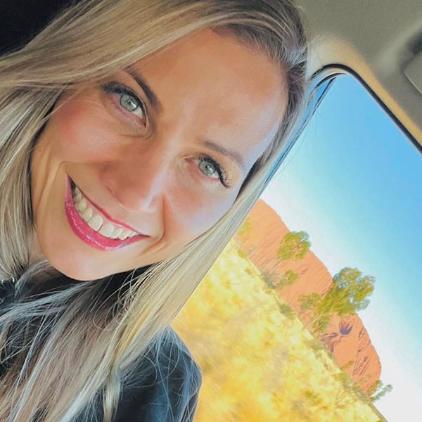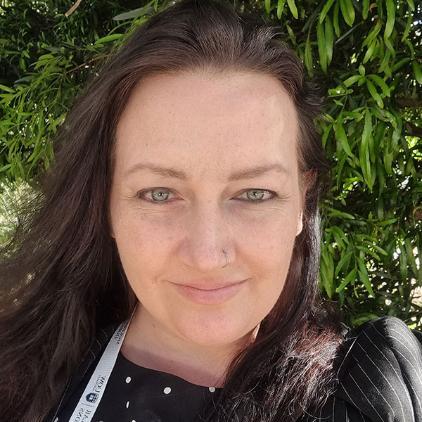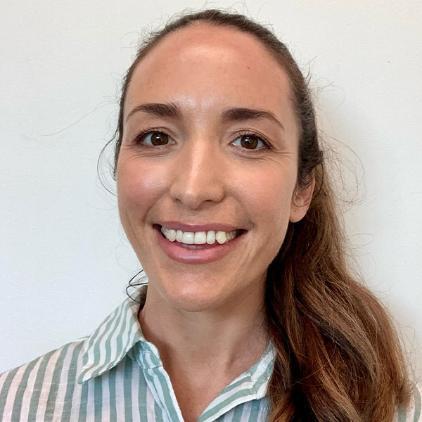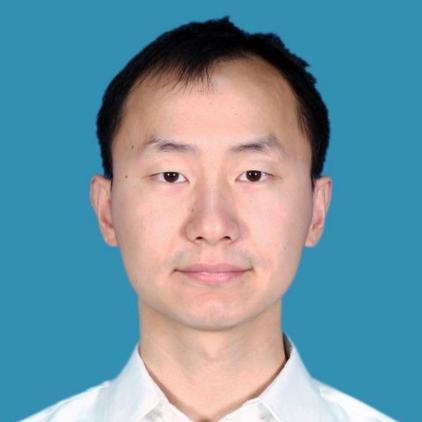Appointed to: UOW School of Education, Faculty of the Arts, Social Sciences and Humanities
Project Title: “Yindyamarra Wula: Review of National Higher Education Indigenous Academic Pipeline, Research and Graduate Attributes to build a Model of Best Practice”
UOW Mentors: Senior Professor Sue Bennett, Professor Grace McCarthy, Ms Jaymee Beveridge
As a proud Wiradjuri woman, Dr Stacey Kim Coates is an accomplished Indigenous academic, executive leader and education sector specialist passionate about driving improved educational and employment outcomes for Aboriginal and Torres Strait Islander peoples. Stacey previously worked across a number of fields including child welfare, health and employment, before moving into the education sector. As well as bringing both extensive disciplinary and cultural knowledge and expertise to UOW, Stacey will examine the degree to which Indigenous cultures and knowledges are woven into the fabric of the Australian higher education system. This project aims to contribute to the delivery of lasting reform in Australia’s higher education system in order to meet the current and future needs of the nation. Stacey believes the rigorous and detailed Indigenous-led investigation of current practices surrounding Indigenous knowledges and research across the Australian higher education sector will provide a model of best practice for Australian universities, in terms of how to build a sustainable pipeline of Indigenous early career researchers, elevate Indigenous research outputs and implement Indigenous graduate attributes in a meaningful manner.

Dr Stacey Coates (ORCID)
“In my opinion, education is the single most important key to prosperity and a better future. However, education gets life only when it inspires people to take action, initiate a change, or transform something with what they have learned.”



